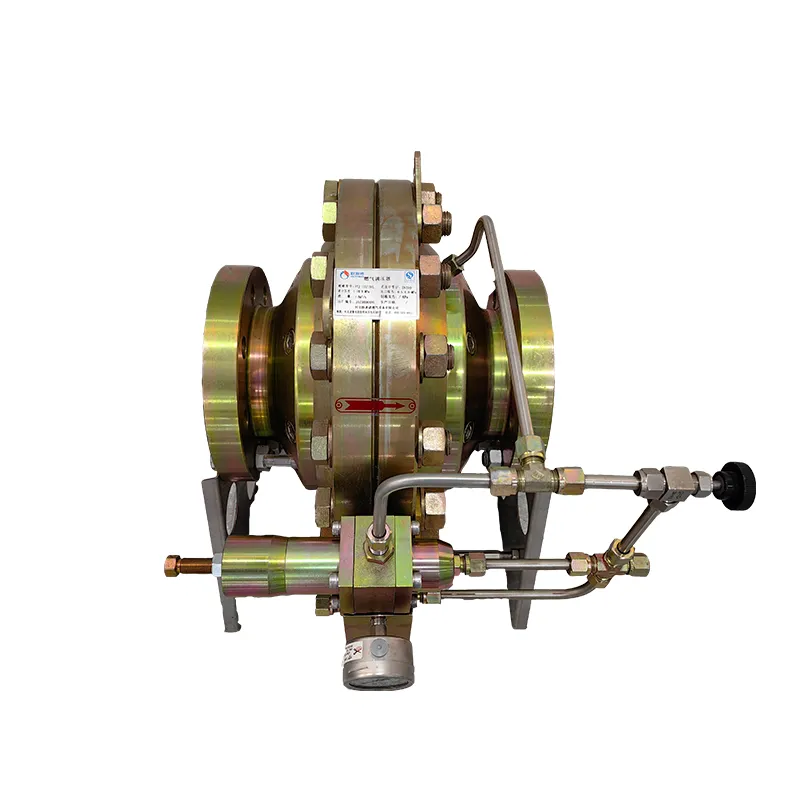
Oct . 19, 2024 16:31
Back to list
pressure pipe
The Importance of Pressure Pipes in Modern Infrastructure
Pressure pipes play a vital role in various industrial and municipal systems, facilitating the transport of fluids under high pressure. Designed to withstand the mechanical stresses of pressurized environments, these pipes are essential in applications ranging from water distribution to oil and gas transportation. This article delves into the significance, materials, applications, and challenges associated with pressure pipes in modern infrastructure.
Understanding Pressure Pipes
Pressure pipes are specifically engineered to handle fluids under pressure, allowing for efficient transportation over long distances. These pipes can carry water, wastewater, chemicals, and even gases, making them a critical component of various sectors including civil engineering, agriculture, and energy production.
The primary characteristic of pressure pipes is their ability to withstand internal pressure without failing. They are often rated based on their pressure-bearing capacity, which is crucial for ensuring safety and reliability. The design and construction of these pipes must comply with stringent industry standards to prevent catastrophic failures that can result from leakage, burst pipes, or structural collapse.
Materials Used in Pressure Pipes
The materials used in the manufacturing of pressure pipes significantly influence their performance, durability, and application. Common materials include
1. PVC (Polyvinyl Chloride) Lightweight and resistant to corrosion, PVC pipes are widely used for water distribution and drainage systems. They can handle moderate pressure levels and are easy to install.
2. HDPE (High-Density Polyethylene) Known for its flexibility and strength, HDPE is used in various applications, including municipal water systems and gas distribution. Its resistance to chemicals and corrosion makes it a popular choice for industries that require pipes to endure aggressive environments.
3. Steel Steel pipes are favored in the oil and gas industry for their high strength and ability to withstand extreme pressures. They can be coated or lined to prevent corrosion and extend their lifespan.
4. Ductile Iron This material combines strength and flexibility, making ductile iron pipes suitable for high-pressure applications such as water transmission. They are often used in municipal infrastructure due to their durability.
pressure pipe

Applications of Pressure Pipes
Pressure pipes find applications across a range of sectors
- Water Supply Municipalities rely on pressure pipes to deliver clean drinking water to residents. The infrastructure is crucial to ensure that water reaches homes and businesses efficiently.
- Wastewater Management Pressure pipes are integral in the transportation of wastewater from households and industries to treatment facilities, helping to maintain public health and environmental standards.
- Oil and Gas The energy sector utilizes high-strength pressure pipes for the transport of crude oil, natural gas, and refined products, ensuring safety and efficiency in energy distribution.
- Irrigation Systems In agriculture, pressure pipes are used for efficient irrigation, allowing farmers to optimize water usage and enhance crop yields.
Challenges and Considerations
Despite their importance, pressure pipes face several challenges. Aging infrastructure in many cities necessitates the replacement of old pipes to prevent leaks and failures. Additionally, the choice of material must be carefully considered, as improper selection can lead to issues such as corrosion and unexpected pressure drops.
Furthermore, advances in technology and materials science are propelling innovations in pipe design and manufacturing. Smart technologies, such as sensors for monitoring pressure and flow, are being integrated into pressure piping systems to enhance reliability and maintenance.
Conclusion
Pressure pipes are critical components in the infrastructure of modern society, enabling the safe and efficient transport of fluids under high pressure. With various materials available and numerous applications across industries, the importance of selecting the right type of pressure pipe cannot be understated. As technologies advance and the demands on infrastructure grow, the role of pressure pipes will remain integral in supporting the needs of communities and industries alike.
Next:
Latest news
-
Safety Valve Spring-Loaded Design Overpressure ProtectionNewsJul.25,2025
-
Precision Voltage Regulator AC5 Accuracy Grade PerformanceNewsJul.25,2025
-
Natural Gas Pressure Regulating Skid Industrial Pipeline ApplicationsNewsJul.25,2025
-
Natural Gas Filter Stainless Steel Mesh Element DesignNewsJul.25,2025
-
Gas Pressure Regulator Valve Direct-Acting Spring-Loaded DesignNewsJul.25,2025
-
Decompression Equipment Multi-Stage Heat Exchange System DesignNewsJul.25,2025

